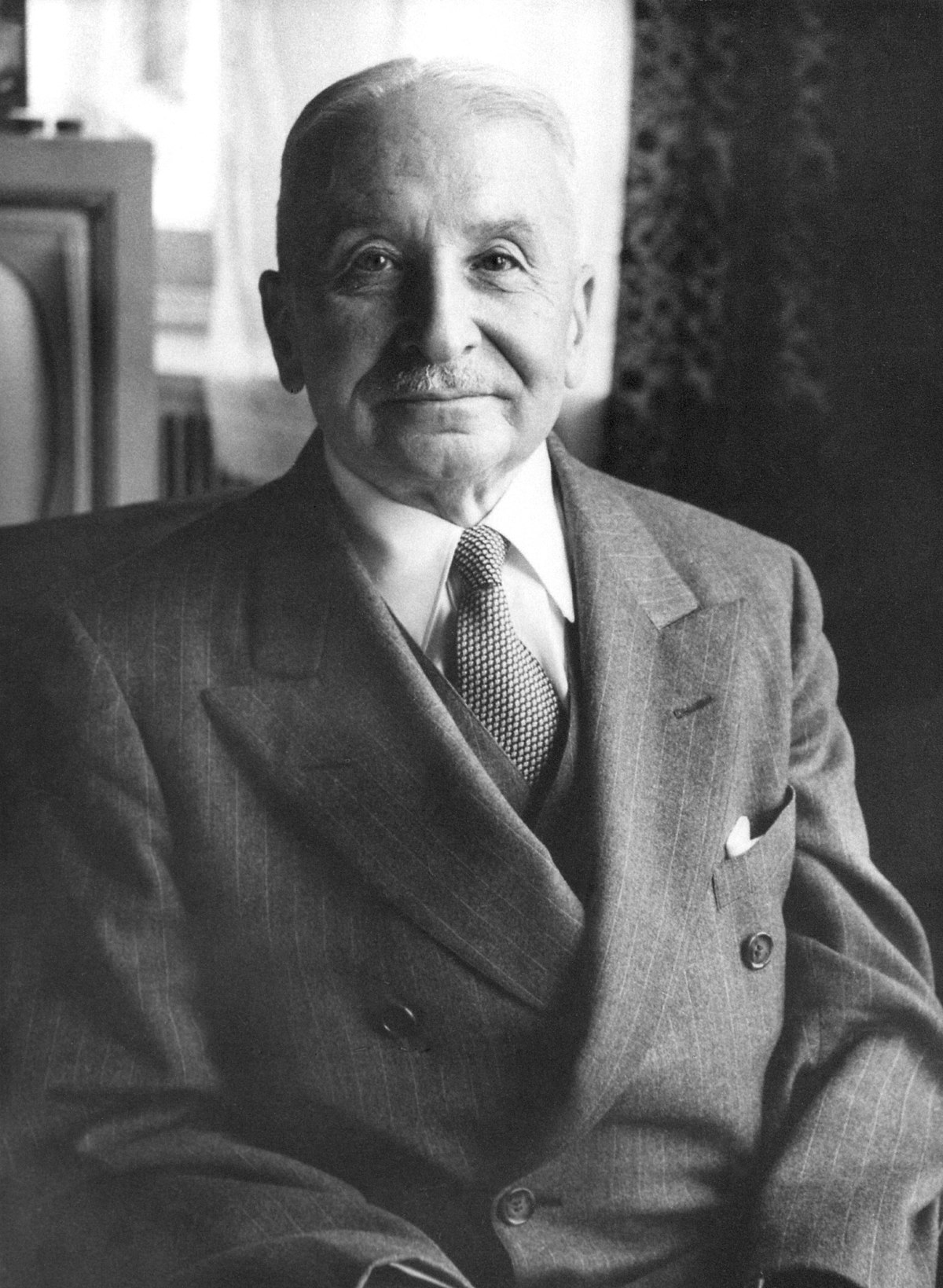Case in point is the financial crisis in which more than 1.5 trillion dollars were brought into existence by the FED. While it is easy to see that the FED got 1.5 trillion to spend, there is no obvious dupe left with the bill. The money was not taken from anyone, it was created out of nothing.
The short answer to this paradox is that the general public were left with the bill. Purchasing power was extracted from their savings. For every dollar that was brought into existence, existing dollars lost some of their value.
However, a more nuanced picture can be made by considering the effect that 1.5 trillion dollars of fresh liquidity had on interest rates. They fell to zero and stayed there for ten years. Any saving scheme dependent on interest rates was thereby hit. Pension founds, which rely heavily on fixed income papers, have suffered greatly due to artificially low interest rates.
A further distortion came in the stock market where stocks were bid up to record levels, making it impossible to buy stocks at a reasonable price. The true value of stocks is the productivity of the underlying companies. It is this productivity that ultimately feeds the investor. If stocks are priced way higher than their productivity suggest, they are no longer productive assets but speculative bets. We get an unsustainable bubble.
The same happened in real-estate. House prices became inflated to the point that a typical wage earner no longer could afford a house.
The result is that we have bubbles in bonds, stocks and real-estate. As long as these bubbles stay inflated, things will appear to be somewhat normal. Young people cannot afford houses, and have little incentive to save, but older people are all right. Pension founds have not made much in the way of interest, but inflated bond prices are masking this for now.
However, bubbles cannot stay inflated for ever. The underlying income is in the end all that matters, and it is far smaller than the bubbles suggest. When time comes to pay out pensions and savings, assets must be liquidated. Income in the form of interest and dividend is simply too little. But who will be the buyers? Young people are broke.
To paraphrase Ludwig von Mises: There is no way around the fact that a boom brought on by monetary expansion will end in a bust. The only question is whether it will come sooner in the form of deflated asset prices or later in the form of a collapse of the monetary system.
The apparent free lunch was not free at all. Young people are broke, and most pension founds are woefully underfunded.
 |
Ludwig von Mises |
By Ludwig von Mises Institute - Ludwig von Mises Institute. Originally from en.wikipedia; description page is/was here. Original uploader was DickClarkMises at en.wikipedia, CC BY-SA 3.0, Link
No comments:
Post a Comment